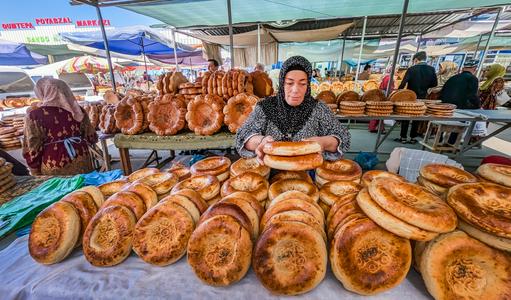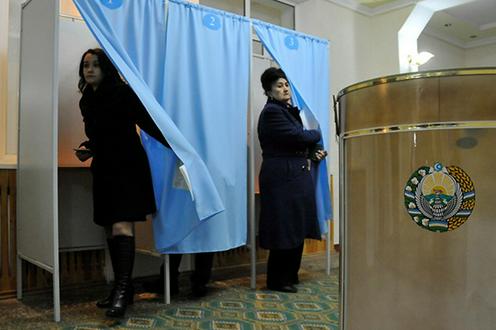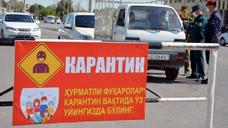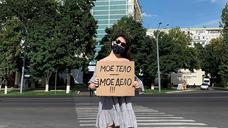International election observers are concerned that rules governing Uzbekistan’s parliamentary elections on December 22, 2019 do not allow voters a genuine choice of candidates, Human Rights Watch said today in releasing a question and answer document about the elections and human rights in Uzbekistan. The elections are the first since President Shavkat Mirziyoyev came to power in 2016 and are seen by the government as key to the reform process he has initiated.
The Organization for Security and Co-operation in Europe’s Office for Democratic Institutions and Human Rights (OSCE ODIHR), the most important election monitoring organization in the region, has warned that under Uzbekistan’s revised election code “restrictions on or an absence of guarantees of fundamental freedoms” remain unaddressed. The five registered parties in the election all operate within the political confines defined by the government and no independent or opposition parties have been allowed to participate.
“Uzbekistan has recently introduced important reforms so it’s a missed opportunity that this reform spirit did not extend to these parliamentary elections,” said Hugh Williamson, Europe and Central Asia director at Human Rights Watch. “Tashkent should in future allow independent parties and candidates to run in such elections.”
The question and answer document reviews aspects of the elections from a human rights perspective, including media coverage and the increase in the number of women candidates. It also outlines key human rights developments in the country in recent years, regarding political prisoners, freedom of expression, civil society, forced labor and other issues.
-
 23 December23.12PhotoTokyo DriveJapan to invest about $20 billion in projects across Central Asia over five years
23 December23.12PhotoTokyo DriveJapan to invest about $20 billion in projects across Central Asia over five years -
 17 December17.12Sake for SixCentral Asia’s Rapprochement with Japan Comes with Hidden Pitfalls
17 December17.12Sake for SixCentral Asia’s Rapprochement with Japan Comes with Hidden Pitfalls -
 24 November24.11Here’s a New TurnRussian Scientists Revive the Plan to Irrigate Central Asia Using Siberian Rivers
24 November24.11Here’s a New TurnRussian Scientists Revive the Plan to Irrigate Central Asia Using Siberian Rivers -
 11 November11.11To Live Despite All HardshipUzbek filmmaker Rashid Malikov on his new film, a medieval threat, and the wages of filmmakers
11 November11.11To Live Despite All HardshipUzbek filmmaker Rashid Malikov on his new film, a medieval threat, and the wages of filmmakers -
 22 October22.10Older Than the Eternal CityWhat has Samarkand accomplished in its three thousand years of existence?
22 October22.10Older Than the Eternal CityWhat has Samarkand accomplished in its three thousand years of existence? -
 26 September26.09PhotoA Close-Up of the BazaarPhoto Tour of the Fergana Valley with Anzor Bukharsky
26 September26.09PhotoA Close-Up of the BazaarPhoto Tour of the Fergana Valley with Anzor Bukharsky




